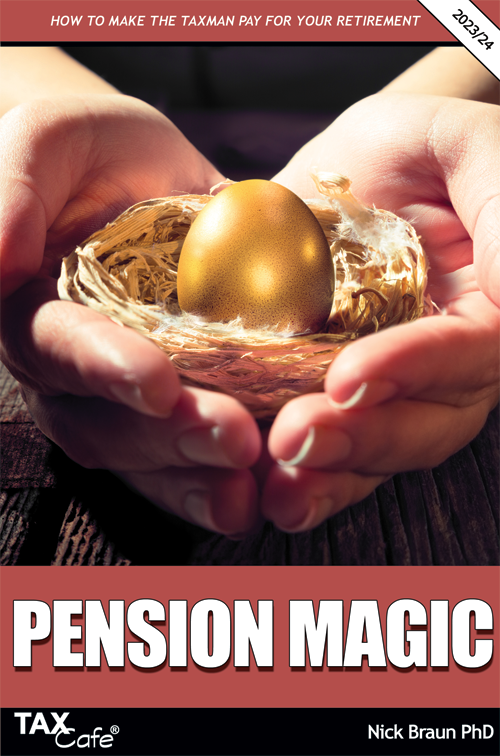How Employees Can Reduce National Insurance
By Nick Braun MSc PhD
A recent article in The Times reported that Gordon Brown has decided NOT to clamp down on what is described as the 'tax dodge of the decade', which allows employers and employees to avoid paying hundreds of millions of pounds in national insurance (NI) each year.
Pension Magic
Under this scheme employees stop making pension contributions and get their employers to make extra payments for them. To compensate the employer, an equivalent amount of salary is sacrificed.
Why Do it?
Although employees enjoy income tax relief on their own pension contributions, they do not enjoy national insurance relief. Pension contributions made by an employee are subject to both employer and employee national insurance.
However, by converting employee pension contributions into employer contributions the tables are turned and neither the employee nor the employer has to pay national insurance on the pension contributions.
If the arrangement is structured correctly neither the employer nor the employee will be worse off - only the taxman loses out!
How it Works?
- The employee stops making pension contributions.
- The employee takes a pay cut equal to this amount.
- The employer makes an additional pension contribution of at least the amount of pay sacrificed. From the employee's point of view it is even better if the employer makes a pension contribution greater than the amount of pay given up -- equivalent to the 12.8% national insurance the employer now doesn't have to pay.
Example
Kirsty earns a salary of £30,000 and makes contributions of £1,500 to her employer's pension plan. These contributions are deducted from her taxable income when calculating her income tax bill but are not allowed as a deduction for national insurance purposes.
Both her income tax and national insurance bill and her employer's national insurance bill are illustrated in the table below.
Initially the national insurance bill is based on her full salary of £30,000 (less the first £4,745 which is exempt from national insurance) . The fact that she makes pension contributions is irrelevant.
After she takes a pay cut of £1,500, the national insurance due is based on a salary of just £28,500.

Summary
Kirsty's take home pay under the old arrangement was £20,738 and she has £1,500 invested in her employer's pension fund.
Kirsty's take home pay under the new salary sacrifice arrangement is £20,903 and she has £1,500 invested in her employer's pension fund.
She's better off to the tune of £165.
If her employer adds his national insurance saving of £192 to her pension contribution she will be better off by £357.
Her employer will be no worse off than before.
Conclusions
The savings aren't massive, but will be greater still if your salary is higher and your pension contributions are bigger.
Remember, other salary related benefits such as bonus and overtime have to be adjusted to take account of your lower gross pay and to ensure that there is no drawback to the arrangement.
Also, implementing this arrangement requires the full cooperation of the employer so you may have to give him an incentive of some kind.
 The information contained in this article is covered in detail in our popular tax guide:
The information contained in this article is covered in detail in our popular tax guide:Pension Magic by Nick Braun



